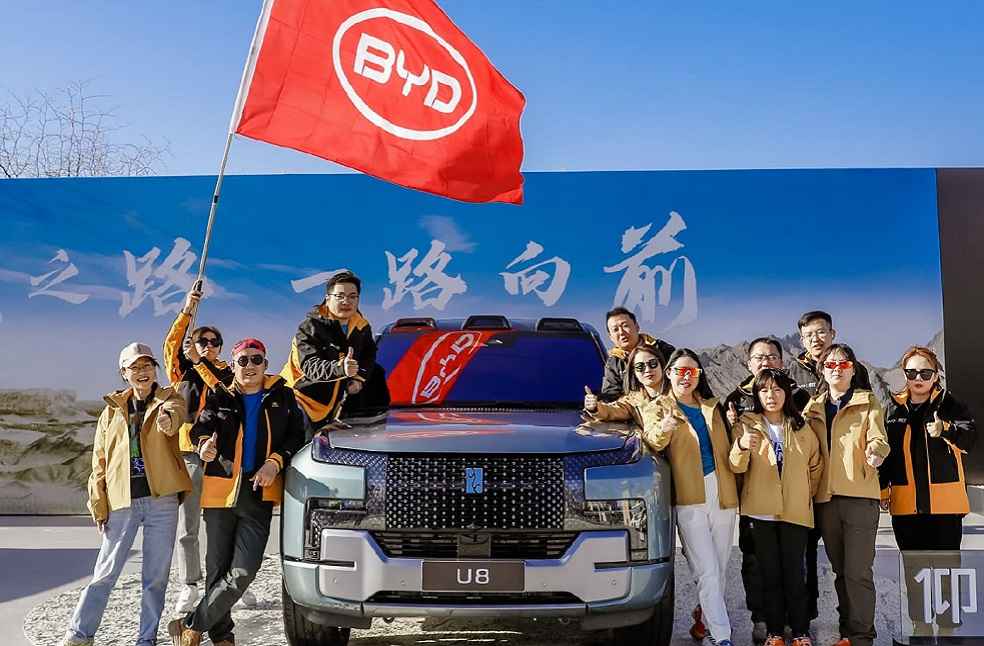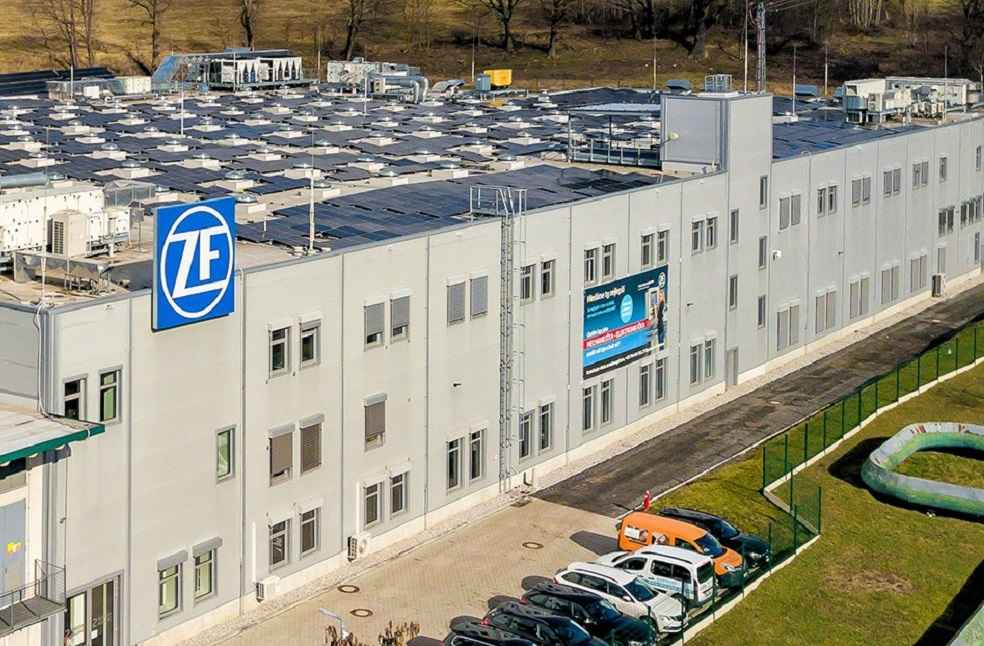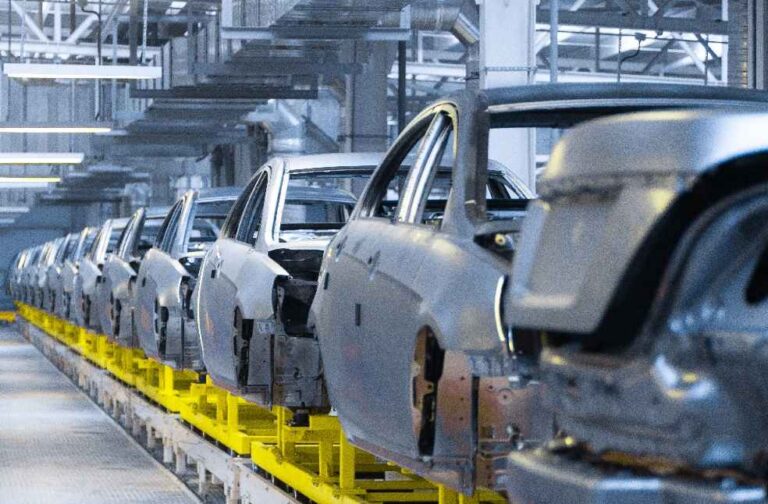China’s rapid emergence as a global electric vehicle (EV) leader is redefining its relationship with Europe’s auto industry, shifting dynamics from technology import to innovation collaboration.
Earlier this month, BYD’s Shenzhen, one of the world’s largest car carriers, departed for Europe carrying 6,817 BYD new energy vehicles (NEVs), signalling the increasing global footprint of Chinese automakers. Shortly after, BYD reached a milestone by producing its 13 millionth NEV. Official data shows that over 12 million NEVs have already been produced and sold in China in 2024 alone.
This transformation is rooted in decades of strategic investment and learning. Once considered an automotive underdog, China’s journey began with foreign joint ventures, such as Volkswagen’s landmark partnership with SAIC Motor in 1985. For companies like BYD, early rejection of their prototypes prompted aggressive adaptation, including reverse-engineering top global models and pursuing simultaneous advancements in gasoline and electric vehicles.

Chairman Wang Chuanfu described BYD’s early approach as ‘two-pronged,’ focusing on mastering combustion engine production while investing in EV technologies. Today, China boasts a complete EV industrial chain, from vehicles and batteries to autonomous driving, smart cockpits, and charging infrastructure, positioning itself as a comprehensive solution provider for global mobility.
Europe’s role has shifted from being a benchmark to a collaborative partner. German automotive supplier ZF Group, for example, is working closely with Chinese firm NIO to develop advanced systems like steer-by-wire. ZF board member Peter Holdmann called China “our fitness center,” emphasizing that the innovation speed in China drives ZF’s own product development.

Shared environmental goals are also uniting the two markets. Chinese battery manufacturer Sunwoda, which supplies global brands like Volkswagen and Volvo, is now aligning with the European Union’s stringent battery regulations. These rules address everything from carbon footprint to hazardous substances and durability.
“Power batteries require decarbonisation across the entire industry chain,” said Sunwoda Vice President Liang Rui, stressing the responsibility suppliers bear in driving sustainability.
Industry experts note that the traditional dynamic of China assembling while Europe innovates is being replaced. Franz Raps of Shenzhen Technology University remarked that with China’s technological progress, Sino-European cooperation must now find “a new balance point.”
GENERAL | WeRide and Uber Expand Robotaxi Services Across Abu Dhabi





